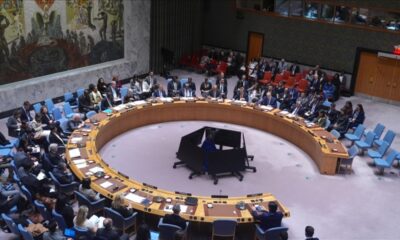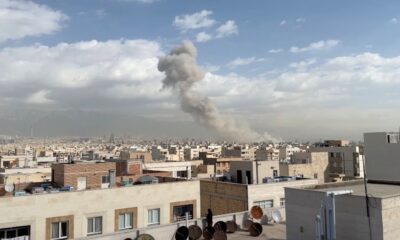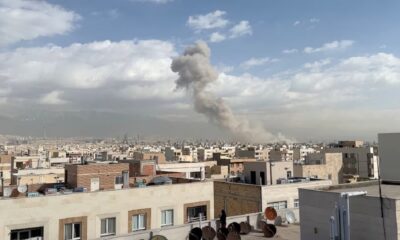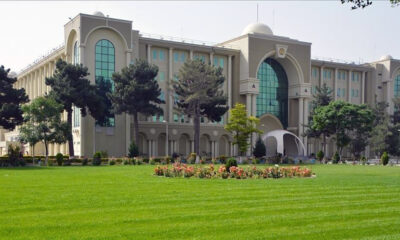Latest News
Afghans dealt serious challenges through year 1400
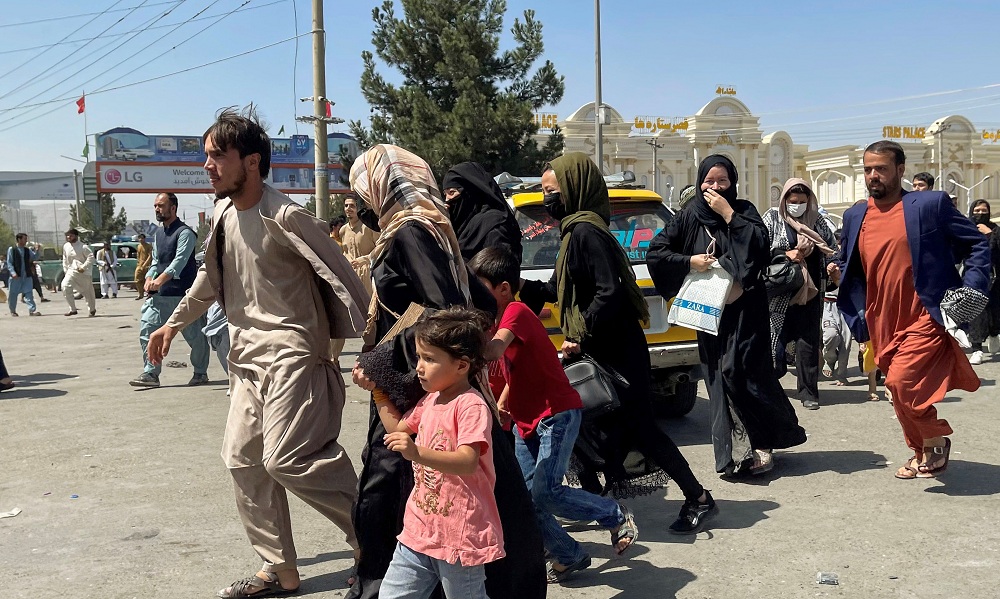
Solar year 1400 was a painful year for Afghans who faced many challenges and dealt with many changes.
The first five months of 1400 were scarred by serious insecurity while the level of corruption reached its peak. Former president Ashraf Ghani was in that time named the world’s most corrupt leader.
With plummeting government revenue, Afghanistan was also named the saddest country in the world on the global happiness index.
Peace talks between an Afghan delegation of 21 members and the Islamic Emirate of Afghanistan (IEA) got underway in spring but did not amount to much.
Despite spending months in Doha for talks, all negotiations ground to a halt within a few weeks and the ongoing war escalated – leaving thousands of families displaced.
On August 15, Ghani fled the country, sparking a chaotic evacuation of foreign troops, foreign diplomats, foreign nationals and thousands of Afghans.
The IEA immediately took control of a country whose economy was in freefall.
All education institutions were closed at the time, due to COVID-19, while hospitals ran short of supplies, food became scarce and hundreds of thousands of jobs were lost.
These major changes had a direct impact on the Afghan people, of which at least 23 million now live below the poverty line and face severe food insecurity, the UN has stated.
The World Health Organization (WHO) also warned that the country’s health system is collapsing. Most hospitals treating COVID-19 patients in the country have closed while medical supplies and medicine have become extremely scarce.
One sector that paid an extremely high price through all the changes in 1400 was the media.
Following developments in the country, 186 media outlets out of a total of 476 closed their doors in 1400, leaving thousands of workers without jobs.
While the IEA is committed to improving the situation in the country, officials have warned that 1401 will continue to mete out challenges. They have said poverty levels could worsen and that the unemployment rate could increase.
However, while they put a stop to the education of girls above Grade 7, officials have indicated that this will change in the coming year and that all girls will be allowed to return to school and women will be allowed to work.
Latest News
Haqqani and Syrian FM discuss situation in Afghanistan and Pakistan

Khalifa Sirajuddin Haqqani, Minister of Interior of the Islamic Emirate, held a telephone conversation with Asaad Hassan al- Shaibani, Minister of Foreign Affairs of Syria, regarding the situation in Afghanistan and Pakistan.
According to a statement from the Ministry of Interior, both sides emphasized the importance of strengthening relations between Afghanistan and Syria.
During the discussion, the two sides also talked about the latest regional developments.
Latest News
Afghan FM Muttaqi discusses Pakistan tensions with Qatari and Saudi officials

Foreign Minister of the Islamic Emirate of Afghanistan, Amir Khan Muttaqi, held separate phone calls with senior officials from Qatar and Saudi Arabia, focusing on the recent escalation between Afghanistan and Pakistan.
In his call with Qatar’s Minister of State for Foreign Affairs, Mohammed bin Abdulaziz Al-Khulaifi, Muttaqi said Afghanistan’s recent security actions were aimed at protecting sovereignty and territorial integrity. Qatar expressed support for reducing tensions and said it is ready to play a constructive role.
During his call with Saudi Foreign Minister Prince Faisal bin Farhan, Muttaqi praised Riyadh’s diplomatic efforts and reaffirmed Afghanistan’s desire for positive relations based on mutual respect. Saudi Arabia stressed de-escalation, dialogue, and respect for sovereignty as essential for resolving disputes.
Both Qatar and Saudi Arabia agreed to maintain ongoing contact and support diplomatic approaches to regional stability.
Latest News
Afghan forces conduct fresh airstrikes on Pakistani military targets
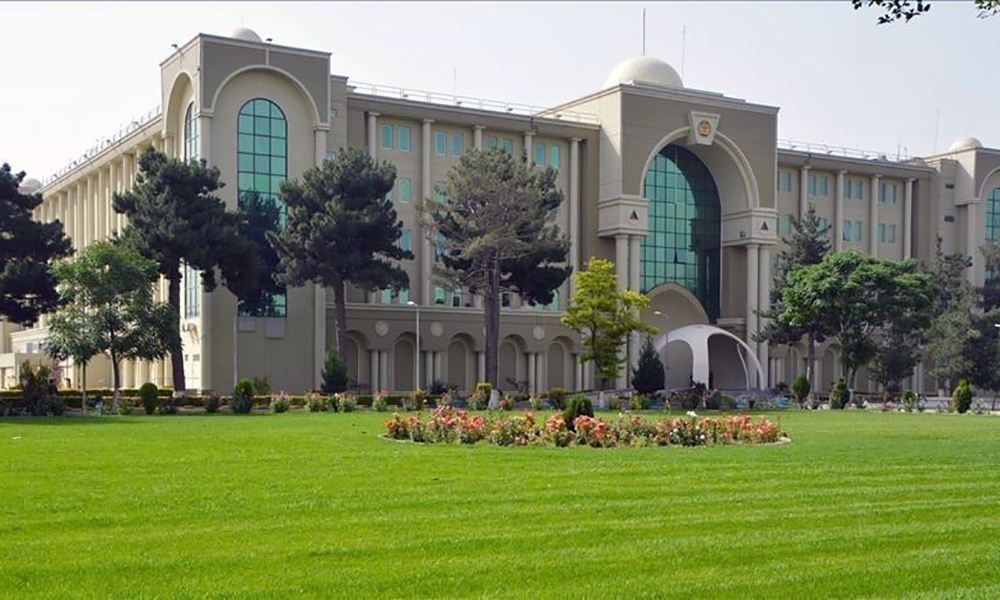
The Ministry of Defense of Afghanistan has announced that Afghan forces carried out fresh airstrikes on military targets in Miranshah and Spinwam, in Pakistan.
The strikes took place last night around 12:00 AM, according to the Ministry. In its statement, the Ministry said the Miranshah and Spinwam military bases were destroyed, resulting in heavy casualties.
The statement added that these “successful strikes were carried out in response to repeated air incursions by the Pakistani military regime.”
-

 Latest News2 days ago
Latest News2 days agoAfghan Air Force conducts airstrikes in Islamabad, other cities
-

 Latest News15 hours ago
Latest News15 hours agoPakistani military jet downed in Afghanistan’s Jalalabad, pilot captured alive
-
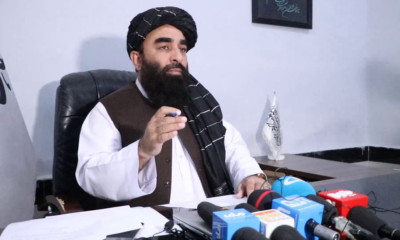
 Latest News1 day ago
Latest News1 day agoIEA: Special circle in Pakistan has launched mission to destabilize region
-

 International Sports4 days ago
International Sports4 days agoAFC Champions League Elite gears up for Round of 16 as league stage concludes
-

 Sport4 days ago
Sport4 days agoRichard Pybus appointed as head coach of Afghanistan’s national cricket team
-

 World3 days ago
World3 days agoIndia’s Modi backs Israel in address at Israeli parliament
-

 International Sports5 days ago
International Sports5 days agoWinter Olympics 2026 concludes with Norway on top of medal standings
-
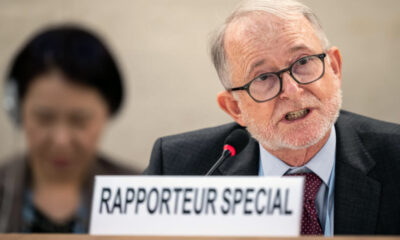
 Latest News4 days ago
Latest News4 days agoBennett expresses concern over civilian casualties in Pakistani airstrikes on Afghanistan


